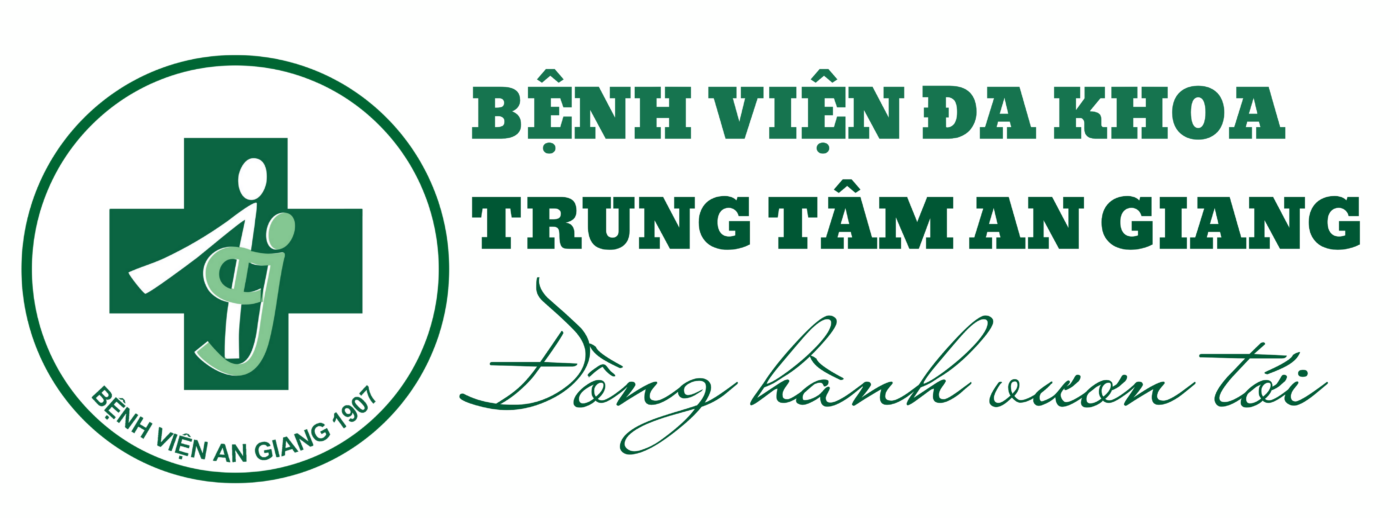Curr Med Res Opin. 2008 Dec;24(12):3423-34.
Vouloumanou EK, Rafailidis PI, Kazantzi MS, Athanasiou S, Falagas ME.
Alfa Institute of Biomedical Sciences, Athens, Greece.
BACKGROUND: Acute pyelonephritis is a common infection with significant morbidity and mortality, particularly in pediatric populations. Early-switch strategies (from intravenous to oral treatment) may be an acceptable or even preferred option in the treatment of patients with acute pyelonephritis in terms of effectiveness and safety and can also reduce the economical burden associated with pyelonephritis.
OBJECTIVE: We sought to evaluate the effectiveness and safety of early-switch strategies in hospitalized patients with acute uncomplicated pyelonephritis. METHODS: We searched in PubMed, Cochrane Central Register of Controlled Trials, and Scopus to identify randomized controlled trials (RCTs) that compared intravenous antibiotic regimens to regimens including an early switch to oral (after initial intravenous) treatment.
RESULTS: Eight RCTs (6 in children) were eligible for inclusion. In 5 RCTs the intravenous antibiotic treatment arms were not switched to oral treatment until the end of the study while in the remaining 3 RCTs the intravenous arms were switched late to oral treatment (after 5-10 days). Data regarding the incidence of renal scars, microbiological eradication, clinical cure, reinfection, persistence of acute pyelonephritis, and adverse events were provided in 4 (all pediatric trials), 6 (4 pediatric), 4 (2 pediatric), 5 (3 pediatric), 3 (1 pediatric), and 5 RCTs (3 pediatric), respectively. There were no differences regarding the above outcomes between the two compared treatment regimens in either pediatric or adult populations.
CONCLUSION: Early switch to oral antibiotic strategies seem to be as effective and safe as intravenous regimens for the treatment of hospitalized patients with acute pyelonephritis. These findings suggest that there is probably a potential to decrease the duration of intravenous treatment by 4-11 days in hospitalized patients with acute pyelonephritis without compromising their outcomes





